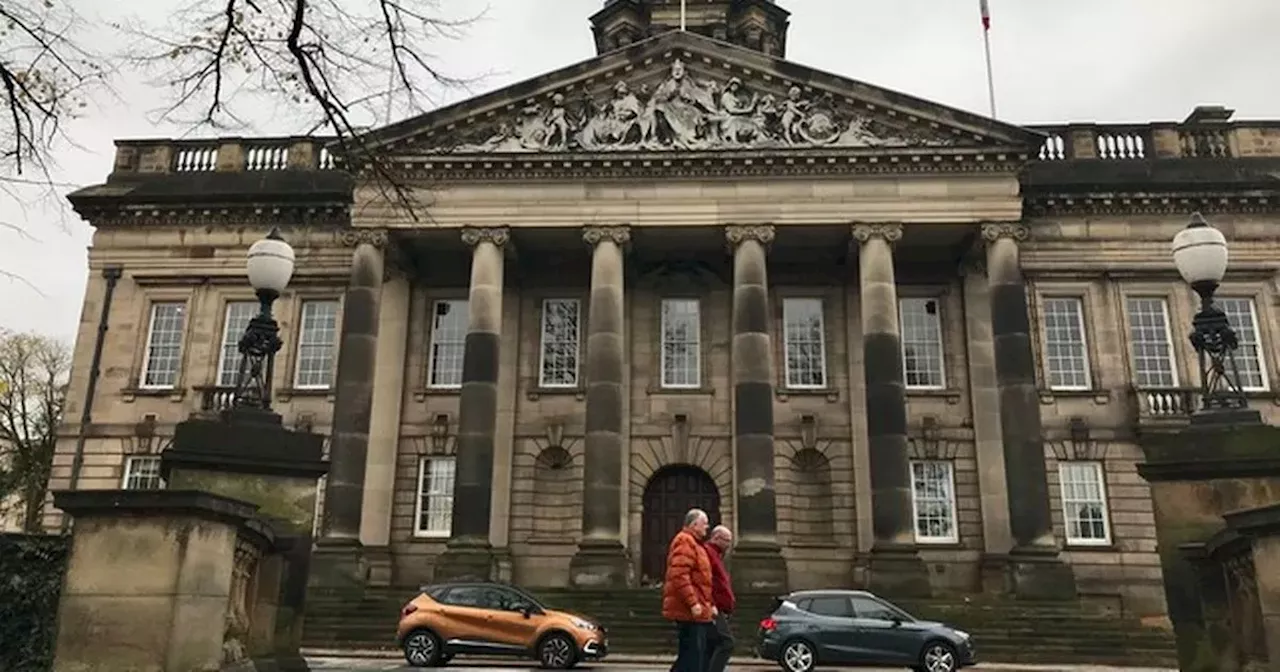Lancaster City Council is proposing a 2.99% increase in council tax for households in the Lancaster and Morecambe district. The rise, if approved, will affect residents' bills and comes alongside discussions about funding for local projects, services, and organizations.
Lancaster City Council is planning a 2.99 percent increase in council tax for households in the Lancaster and Morecambe district. If approved by councillors later this month, the Band D tax will rise from £256.63 to £264.30. Council leaders announced these plans at the latest full council meeting and a media briefing, outlining local plans and government funding. Topics included business rates, energy schemes, and funds for festivals, community, and arts organizations.
The council's cabinet finance member, Green Coun Tim Hamilton-Cox, stated that provisional government funding for the next 12 months was in line with expectations. However, the council's forecasting remains cautious. Over the past few years, there has been a 2.6 percent increase in the council's total tax base, encompassing all assets, income, and economic activity subject to taxation by the city council. Coun Hamilton-Cox highlighted that business rates have exceeded initial projections, significantly contributing to budget balancing and closing the funding gap without depleting reserves. This success is partially attributed to rates collected from electricity hubs at Heysham, connected to offshore wind turbines. This benefits from the Green Energy Disregard, an incentive encouraging councils to retain more tax associated with renewable energy infrastructure. Despite this positive trend, the city council forecasts future funding gaps of millions of pounds between income and expenditure in the coming years. This structural deficit is a concern highlighted by Coun Hamilton-Cox. He emphasized that while the government has provided additional funding to areas hit hardest by funding cuts, the Lancaster district, with its high levels of poverty, requires specific consideration. He believes the current funding distribution system inadequately distinguishes between shire districts and metropolitan areas.Regarding council tax, Coun Hamilton-Cox argued that a 2.99 percent increase was necessary to avoid significant consequences. He compared the city council's proposed Band D rise of £8 to the Lancashire Constabulary's proposed £15 increase in its portion of council tax, noting the police force's substantial tax increases in recent years. Coun Hamilton-Cox expressed concern about the city council's capital budget for major one-off projects. He acknowledged the council's past reliance on internal funding sources rather than external borrowing, often leading to under-spending on capital programmes. However, he anticipates that external borrowing will likely become necessary in the future. He hopes that borrowing costs have peaked and will decline, but acknowledged the inherent risks.Upcoming capital plans include purchasing new bin lorries and investing £5 million in the Burrow Beck solar farm near Lancaster University. Another proposal involves transferring heat from an IT data centre to warm Salt Ayre Leisure Centre, complementing the council's efforts to upgrade the area's fibre cable network. Opposition councillors generally accepted the council tax proposals but requested more detailed budget information. Labour's Phillip Black emphasized the need for clear information on proposed savings and their potential consequences throughout the year. Martin Gawith, another Labour councillor, raised concerns about the growing structural deficit and urged the council to address it promptly, warning of potential negative impacts on residents if ignored. Catherine Potter, also a Labour councillor, requested detailed information on grants for community groups and events as soon as possible to enable them to plan effectively. She highlighted the challenges faced by organizations like Morecambe's Vintage Festival and Baylight, which often receive funding confirmations only in May or June, significantly impacting their planning and preparation. She emphasized the importance of early information dissemination to support these vital community initiatives. The council also supports various organizations, including Citizens Advice, Dukes Theatre, and Lancaster CVS
Council Tax Lancaster City Council Budget Funding Government Grants Renewable Energy Capital Spending Community Groups Arts And Culture
United Kingdom Latest News, United Kingdom Headlines
Similar News:You can also read news stories similar to this one that we have collected from other news sources.
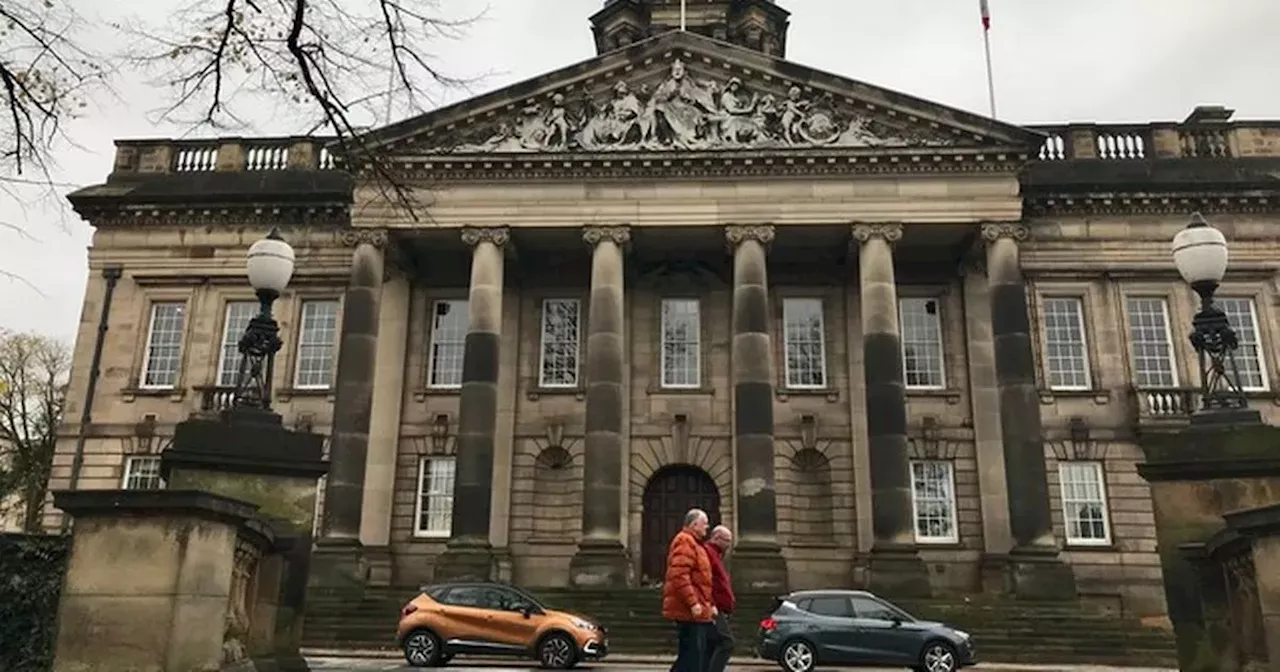 Lancaster council tax rise expected but calls for more budget details'Groups and events need information as soon as possible'
Lancaster council tax rise expected but calls for more budget details'Groups and events need information as soon as possible'
Read more »
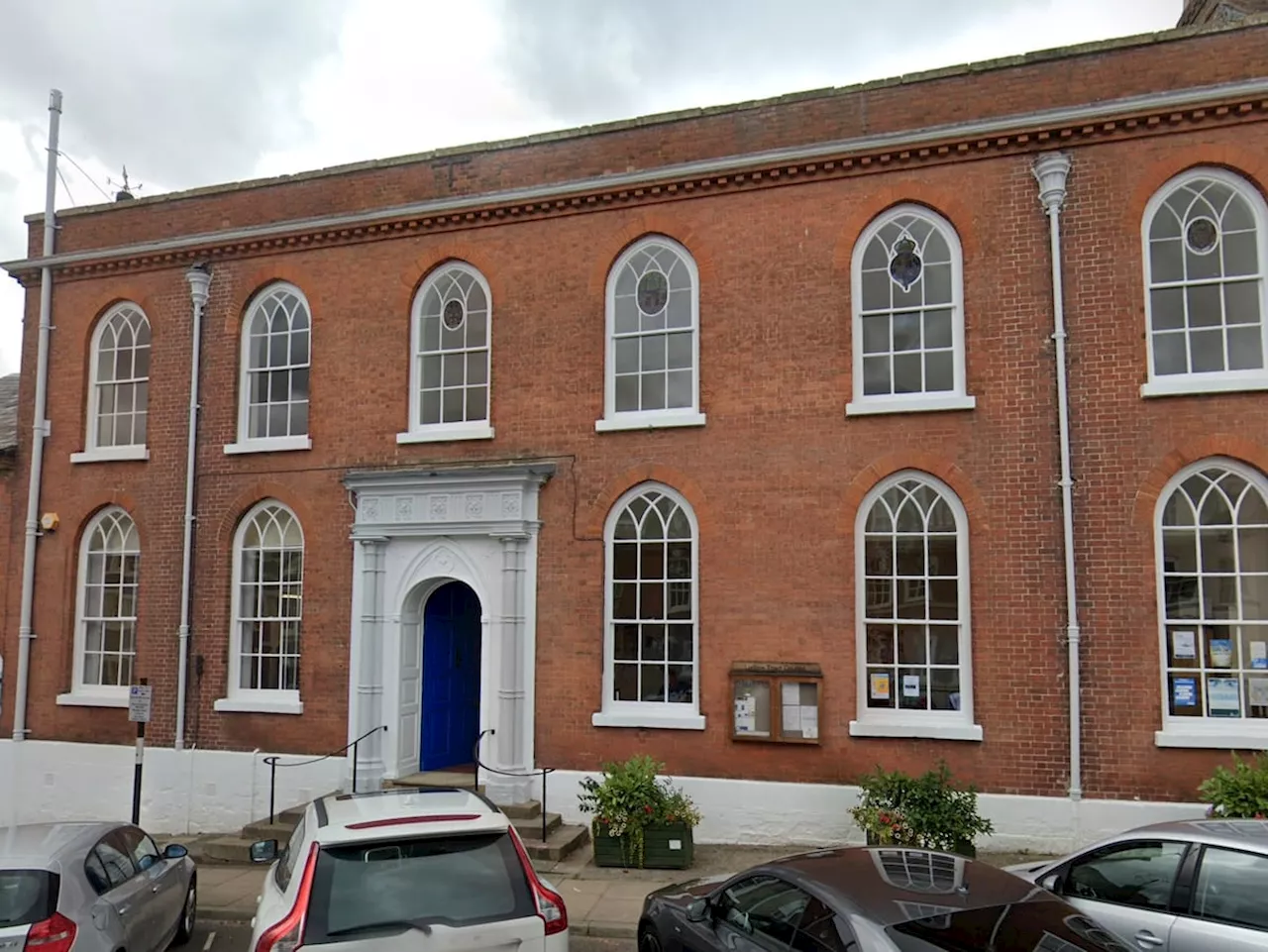 Ludlow Town Council sets out budget including near 10 per cent rise in council tax preceptA Shropshire town council has set out its budget priorities, which includes nearly a 10 per cent rise in its share of council tax.
Ludlow Town Council sets out budget including near 10 per cent rise in council tax preceptA Shropshire town council has set out its budget priorities, which includes nearly a 10 per cent rise in its share of council tax.
Read more »
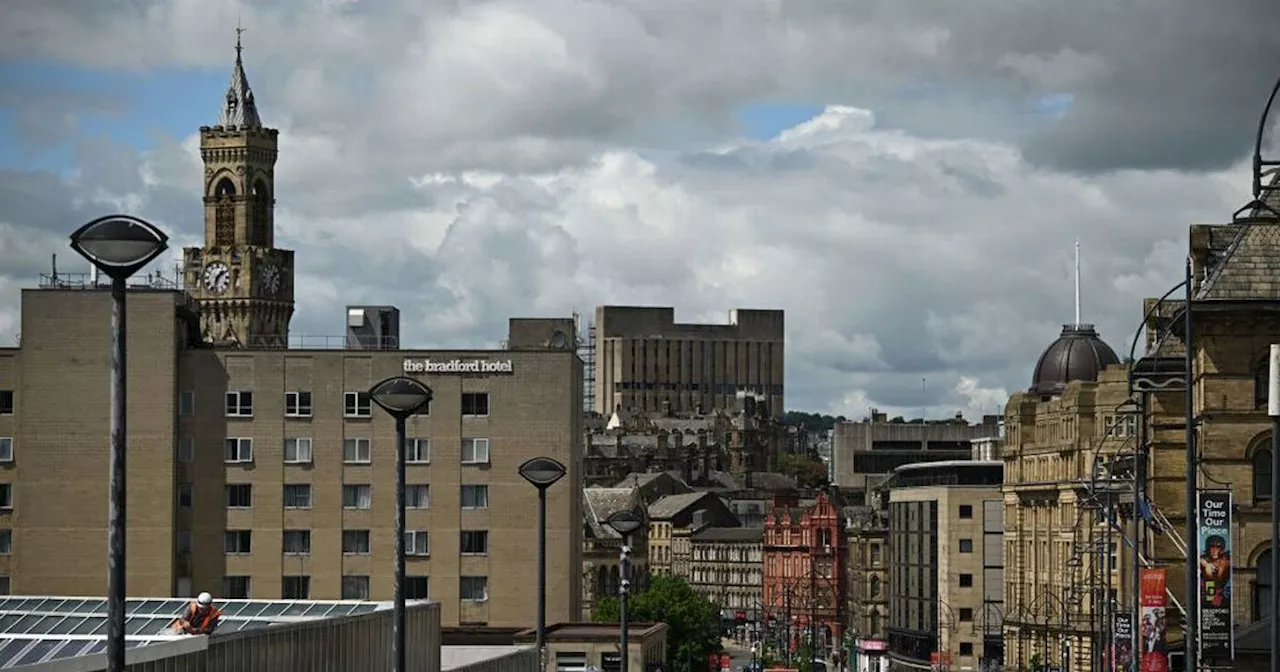 Bradford Council Seeks Up To 14.99% Council Tax Hike To Tackle Financial CrisisBradford Council has applied to the government for permission to raise council tax by as much as 14.99% to address a growing financial crisis. This proposed one-off increase has sparked concern and shock among residents and opposition councillors, but the council argues it is necessary to avoid higher interest payments and future cuts.
Bradford Council Seeks Up To 14.99% Council Tax Hike To Tackle Financial CrisisBradford Council has applied to the government for permission to raise council tax by as much as 14.99% to address a growing financial crisis. This proposed one-off increase has sparked concern and shock among residents and opposition councillors, but the council argues it is necessary to avoid higher interest payments and future cuts.
Read more »
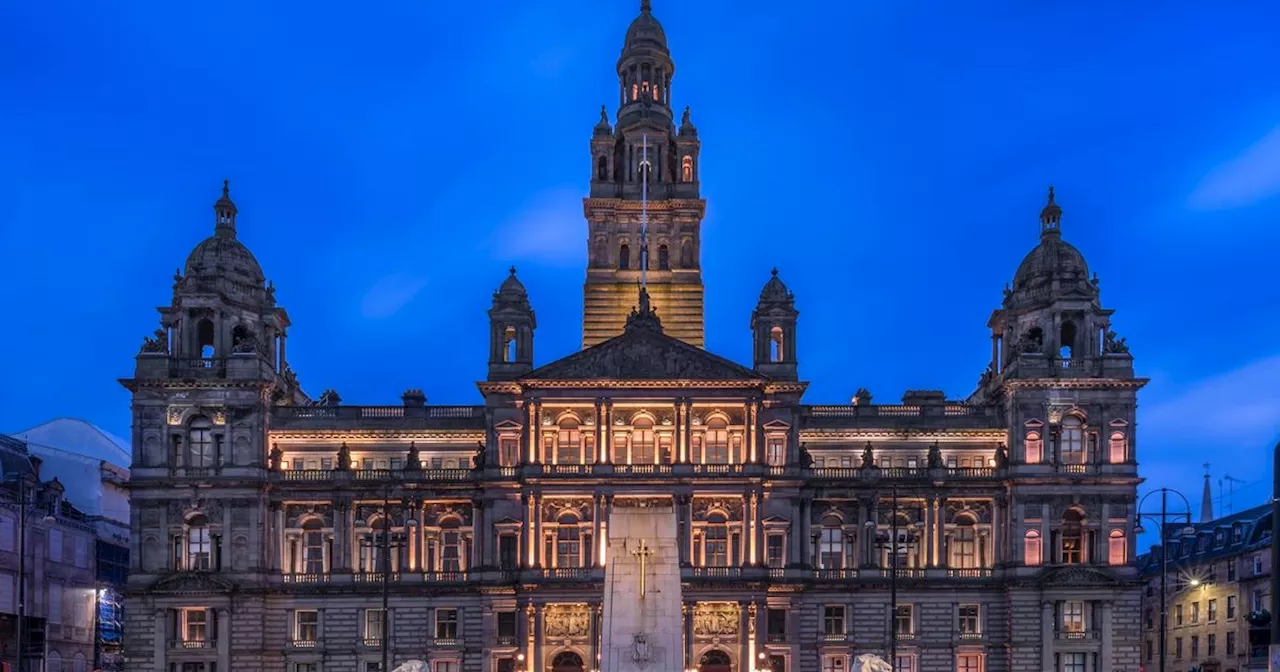 Glasgow Council Considers 'Inflation-Busting' Council Tax RiseGlasgow City Council is considering a 5% council tax increase from April due to the ongoing cost of living crisis. While this is considered on the lower end compared to other areas, the potential rise is likely to face criticism. The council will set its budget on February 20th and is currently evaluating various options.
Glasgow Council Considers 'Inflation-Busting' Council Tax RiseGlasgow City Council is considering a 5% council tax increase from April due to the ongoing cost of living crisis. While this is considered on the lower end compared to other areas, the potential rise is likely to face criticism. The council will set its budget on February 20th and is currently evaluating various options.
Read more »
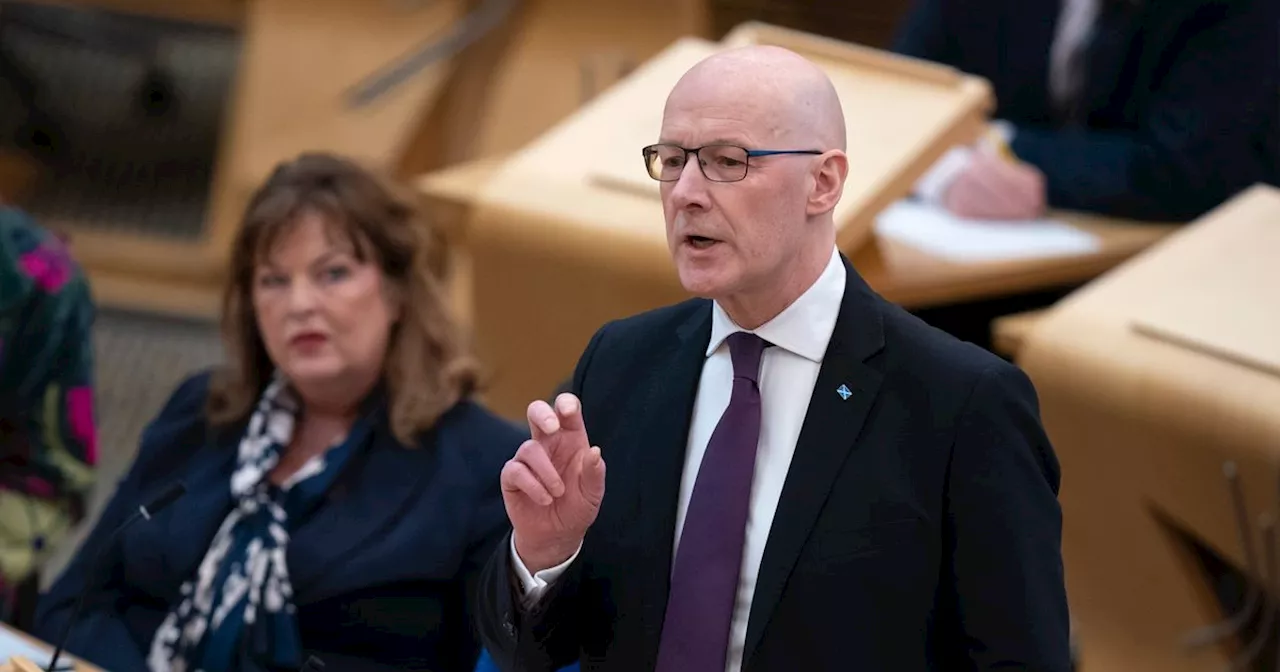 Scots council planning inflation-busting council tax rise of 10.6%The hike, if pushed through, would contradict the First Minister's view that rises of around 10% are not necessary.
Scots council planning inflation-busting council tax rise of 10.6%The hike, if pushed through, would contradict the First Minister's view that rises of around 10% are not necessary.
Read more »
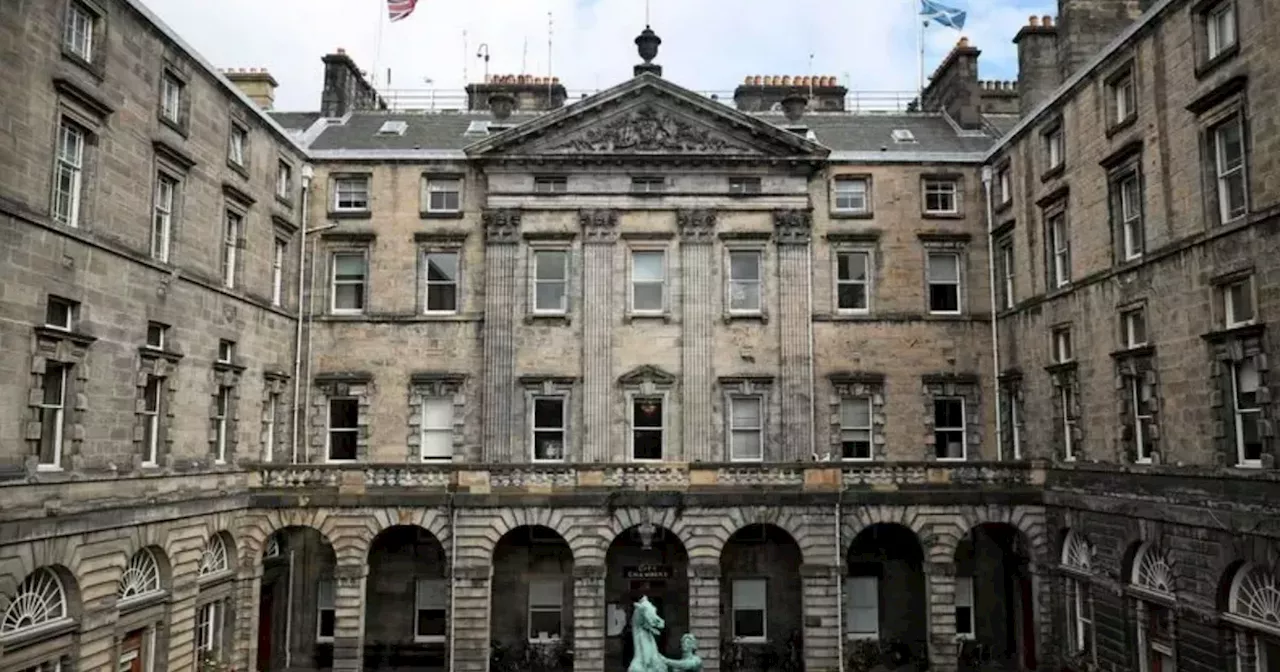 Edinburgh Council to Consider 8% Council Tax Hike Despite Swinney's PleaEdinburgh council is planning to defy John Swinney's appeal for limited council tax rises, considering an 8% increase to protect essential services. Swinney insists that his government's budget is favorable for councils and discourages large hikes.
Edinburgh Council to Consider 8% Council Tax Hike Despite Swinney's PleaEdinburgh council is planning to defy John Swinney's appeal for limited council tax rises, considering an 8% increase to protect essential services. Swinney insists that his government's budget is favorable for councils and discourages large hikes.
Read more »
